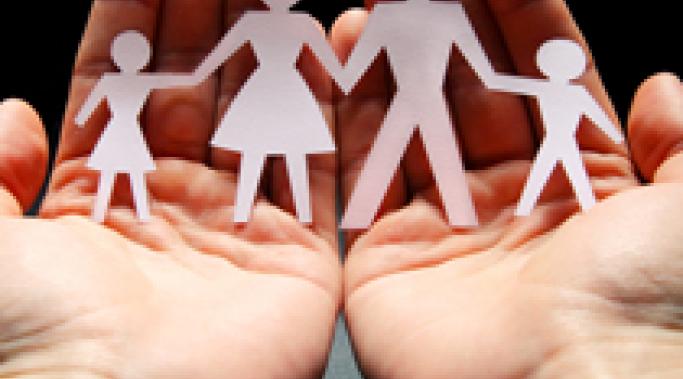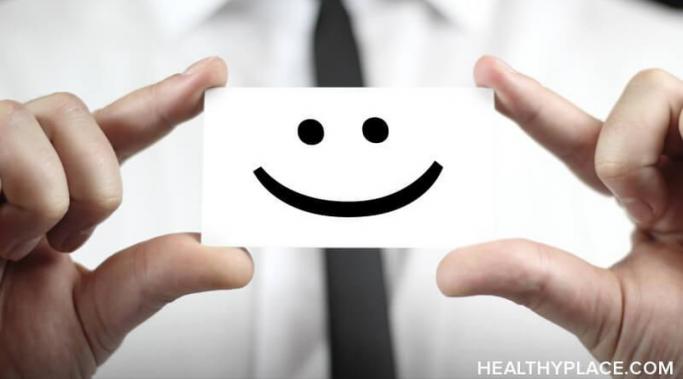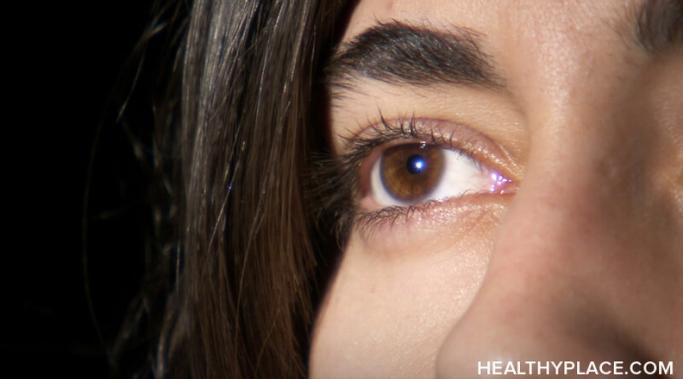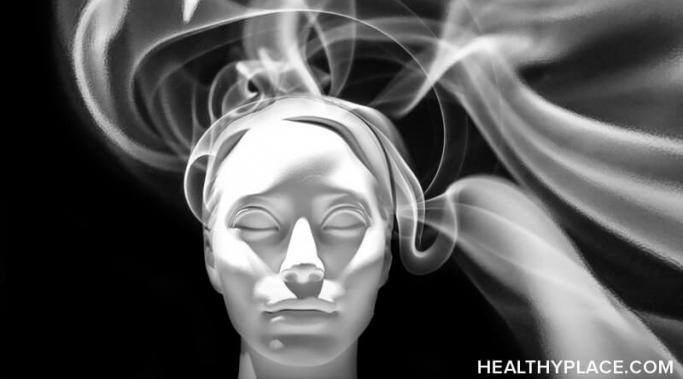Blogs
Because of the chronic mental illness of bipolar disorder, I have guilt on sunny days; and this really sucks seeing as we’re now into summer. I know this might sound weird to your average person, but I actually prefer a rainy day to a sunny one. Rainy days don’t bring about guilt. Sunny days bring about my bipolar guilt.
You can feel depression and happiness together. When I dealt with my first severe bout of depression from my early to late teens, the best way to describe it would have been an all-encompassing darkness. It was the stereotypical, everything sucks versions of depression that we so often see in media, fiction and on the Internet. As many of us know, however, that’s not the only form of depression there is. So why are we only presented with this version of it? Why aren't we presented with happiness and depression together?
Divide and conquer to overcome anxiety. Overcoming anxiety is a common, if not universal, goal among those of us who experience anxiety in any of its forms (Types of Anxiety Disorders: List of Anxiety Disorders). Unfortunately, doing so can be a daunting challenge that eventually begins to seem impossible. Fortunately, overcoming anxiety is not impossible, and it doesn't even have to be daunting. One way to move past anxiety is to divide and conquer; in other words, break anxiety down into manageable bits and reduce it piece by piece with intentional action.
Family-based therapy for eating disorders is one of the most productive forms of treatment for adolescents, particularly those with anorexia nervosa, as well as various forms of bulimia nervosa, binge eating disorder and extremely picky eating.
One of the best lessons I’ve learned about living a blissful life is to be happy with what you have. Being happy with what I have has helped me achieve a peace that I never had when I was looking for that greener grass on the other side.
Dissociative identity disorder (DID) includes the experience of hearing voices, medically referred to as auditory hallucinations. This is also a common symptom in several other mental illnesses, including schizophrenia, schizoaffective disorder and bipolar disorder. The experience of hearing voices in DID is quite different from the experience of hearing voices in other disorders, however, and the causes and treatments are not the same.
Families with mental illness can have fun this summer, even on a budget. Many families with mental illness cannot go on an expensive vacation this summer. Even if families do have the funds, their mentally ill family member may not be well enough for an entire week of family togetherness (When Bipolar Ruins Your Vacation). But if you’re like my family, you still want to share special time together. Here are some great ways to spend time together this summer, even if your family is balancing a tight budget and mental illness.
There are three myths some religious people believe about depression. Recently, I was on a panel discussing mental illness at a church. One individual said that we could get over depression because, "some people make their own depression" and, "I can do all things through Christ who strengthens me." It brought back several memories of how this kind of thinking nearly destroyed my life. The best way to fight these depression and mental health myths is through education, so here are three myths some religious people believe about depression.
The National Center for Posttraumatic Stress Disorder designated June as posttraumatic stress disorder (PTSD) Awareness Month in an effort to raise awareness, reduce PTSD stigma, and encourage people to seek help for posttraumatic stress disorder. The theme of the awareness campaign is "Learn, Connect, Share," so I thought it would be a good idea to talk about how we all can do those things to raise awareness about PTSD this month.
Paranoia, extreme anxiety and delusions often go hand-in-hand with schizophrenia and schizoaffective disorder. If a person has schizoaffective disorder, bipolar type (like me), paranoia can attack with extreme anxiety, another offshoot of schizoaffective disorder, bipolar type. Here’s what it’s like to experience paranoia, extreme anxiety and delusions with schizophrenia or schizoaffective disorder.










I believe she will only be able to rid herself of her demons, and hopefully her BPD as well, when she's ready to confront the abuse of her father. If she can put the blame where it belongs, she may stop projecting that victim/perpetrator cycle on the present men in her life. These demons are a metaphor for the purgatory she has created for herself. That reality has consequences in the real world, but it need not be real in the tangible sense. Exorcising her demons will require the expenditure of real physical energy and probably the destruction of aspects of her personality. If this ever happens, and it's possible but not probable, then these demons will evaporate. They are only as real as one's personality is real. In short, reality is not the question, it's what you make of the things you feel to be real.